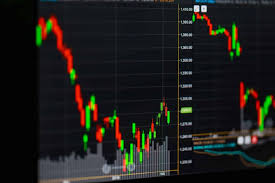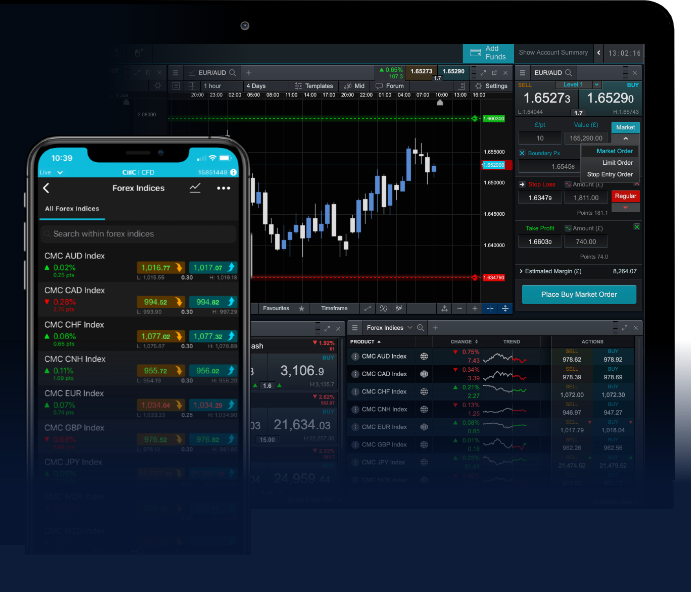
In the rapidly evolving world of financial markets, the necessity of a forex trading license trading-cambodia.com Forex trading license cannot be overstated. As the demand for Forex trading continues to rise, regulators around the globe have established stringent guidelines and requirements for individuals and firms that wish to engage in trading. This article aims to provide an in-depth understanding of Forex trading licenses, their significance, and how aspiring traders and institutions can navigate this intricate landscape.
What is a Forex Trading License?
A Forex trading license is a legal authorization granted by a regulatory body, allowing an individual or brokerage to operate in the foreign exchange market. This regulatory framework is designed to protect investors, ensure fair competition, and promote transparency within the market. Obtaining a Forex trading license often involves meeting specific financial standards, undergoing background checks, and ensuring compliance with local and international trading regulations.
Types of Forex Trading Licenses
Forex trading licenses can vary significantly depending on the jurisdiction in which an individual or firm operates. Some of the most common types of Forex licenses include:
- Full Forex License: This is a comprehensive license that allows firms to offer a wide range of Forex trading services, including market making, liquidity provision, and investment advisory services. Generally, obtaining a full license requires meeting high capital requirements and adhering to strict regulatory standards.
- Retail Forex License: This type of license is specifically designed for brokers who wish to serve retail clients. The requirements for a retail Forex license are typically less stringent than those for a full license, making it a popular option for new brokers entering the market.
- Introducing Broker License: An introducing broker is a firm or individual that refers clients to a licensed brokerage and earns a commission from the trades executed by those clients. This license is usually easier to obtain and has lower capital requirements.
- Managed Forex Account License: This license is meant for companies that manage Forex accounts on behalf of clients. It typically requires demonstrating a clear investment strategy and compliance with fiduciary standards.
The Importance of Having a Forex Trading License
Having a Forex trading license is crucial for several reasons:
- Legal Compliance: Operating without a valid license can lead to severe penalties, including fines and legal action. A license ensures that you are compliant with local and international laws.
- Investor Trust: Licensed brokers are often perceived as more trustworthy by clients. A Forex trading license can enhance your credibility and help build confidence among investors.
- Access to Investment Opportunities: Many investment firms and institutional clients prefer to work with licensed brokers. Having a license can open doors to new business opportunities and partnerships.
- Risk Mitigation: Regulatory bodies enforce strict guidelines to protect investors. A licensed broker must adhere to these rules, which can help mitigate risks for both the broker and clients.
How to Obtain a Forex Trading License

Obtaining a Forex trading license involves several steps, which generally include:
- Choose a Jurisdiction: Different countries have varying requirements for obtaining a Forex trading license. Popular jurisdictions for Forex licenses include Cyprus, Belize, the UK, and Seychelles. Each offers different levels of regulation, costs, and benefits.
- Prepare Documentation: Brokerages must prepare a comprehensive set of documents, which typically include a business plan, proof of sufficient capital, and details regarding the company’s structure and operations.
- Application Submission: Once all documents are in order, the application must be submitted to the relevant regulatory authority. The review process can take several weeks or even months, depending on the jurisdiction.
- Compliance Setup: After receiving the license, it is essential to establish compliance systems to monitor trading activities and ensure adherence to regulatory standards continually.
- Regular Audits and Reporting: Licensed brokers are usually required to undergo regular audits and submit reports to regulatory authorities to demonstrate ongoing compliance.
Cost of Obtaining a Forex Trading License
The cost of obtaining a Forex trading license can vary significantly depending on the jurisdiction and the type of license. Key expenses to consider include:
- Application Fees: Regulatory authorities may charge application fees, which can range from a few thousand to tens of thousands of dollars.
- Capital Requirements: Most jurisdictions require brokerage firms to maintain a certain level of capital, which can be a considerable expense.
- Legal and Consulting Fees: It is advisable to consult with legal and financial experts during the application process, which may incur additional costs.
- Operating Costs: Once licensed, brokers must ensure that they can cover ongoing compliance and operational costs, including technology, staffing, and marketing expenses.
Challenges in the Licensing Process
Obtaining a Forex trading license is not without its challenges. Common hurdles include:
- Regulatory Complexity: The regulatory environment can be complex and difficult to navigate, especially for those new to the trading industry.
- High Barriers to Entry: Some jurisdictions set high capital requirements and rigorous compliance expectations that can deter small firms from applying.
- Lengthy Approval Process: The application process can be lengthy, leading to delays in launching a trading business.
Conclusion
In conclusion, obtaining a Forex trading license is a vital step for anyone looking to establish a credible and compliant trading business. While the process may seem daunting, the benefits far outweigh the challenges. A Forex trading license not only legitimizes your operations but also builds trust and opens up new opportunities within the financial markets. As the legal landscape surrounding Forex trading continues to evolve, staying informed about licensing requirements will be crucial for success in this competitive industry.

